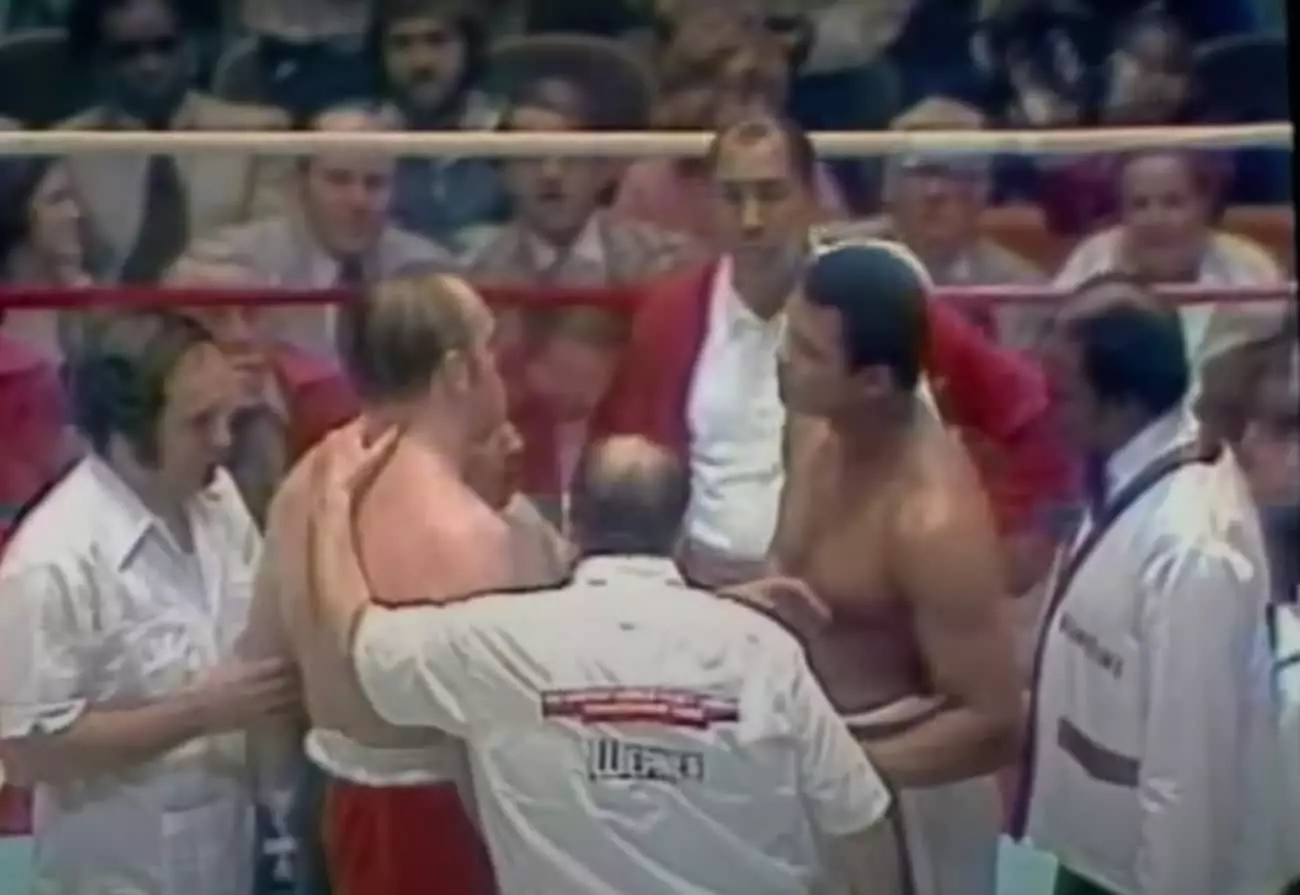In the pantheon of boxing legends, few figures shine as brightly as Muhammad Ali. He was not just a champion but a cultural icon, embodying the spirit of an era marked by resilience and change. His legendary fight against George Foreman in 1974 reclaimed his title and set the stage for the boxing world to sit on the edge of their seats. But while all eyes were riveted on Ali, a lesser-known contender named Chuck Wepner was preparing for the biggest fight of his life. The anticipation was palpable, but the general sentiment remained: how could Wepner, with a record marred by losses, possibly stand a chance against “The Greatest”?
Wepner, famously nicknamed “The Bayonne Bleeder,” was a peculiar embodiment of the classic underdog story. His propensity for getting hurt, akin to the constancy of a natural disaster, had allowed him to become a cult figure within boxing circles. With the backdrop of a rich history of American pugilism, this narrative was taking shape, weaving together the dazzling persona of Ali and the gritty perseverance of Wepner.
An Unexpected Match-Up
On March 24, 1975, the match took place in Ohio, and expectations were low. Fans anticipated an easy victory for Ali, who was riding the high of his triumph over Foreman. Conversely, Wepner was perceived as mere fodder—someone to give Ali a workout before moving on to bigger fights. Yet, both fighters approached the contest with layers of complexity. Wepner had trained rigorously, having taken time off his day job as a longshoreman to prepare, while Ali was battling the dual demons of overconfidence and complacency.
The atmosphere inside the arena was electric, but it wasn’t solely because fans clambered for Ali’s brilliance. They were also intrigued by the prospect of witnessing an upset, no matter how unlikely it seemed. In a landscape where every punch counted, Wepner established his place as a formidable player, albeit an unexpected one. He wasn’t just there to take a beating; he had arrived to stake his claim to respect.
The Fight That Shocked a Nation
The fight began, and it quickly became apparent that Wepner was not going to lay down easily. Unlike his past encounters, where he typically became the punching bag, he landed punches—taking the fight to Ali in a way few anticipated. The early rounds featured Wepner utilizing an arsenal peppered with relentless aggression and grit, even resorting to unorthodox tactics. Ali found himself grappling with an opponent who embodied the spirit of survival, and that night, even he couldn’t ignore Wepner’s resilience.
As the match progressed toward its climax, the true defining moment occurred in the ninth round when Wepner managed to send Ali to the canvas—a feat no one could have expected. Although Wepner himself later reflected that the knockdown was more about circumstance than skill, it was nonetheless a pivotal turning point. The image of Ali hitting the mat sent shockwaves through the audience and accomplished precisely what Wepner needed: it transformed him from a mere participant into a contender.
A Legacy Born from Struggle
Though Wepner ultimately lost the fight due to a TKO in the fifteenth round, his performance was legendary in its own right. It didn’t just create waves within the boxing community; it reverberated through popular culture. Among the audience that night was an aspiring filmmaker named Sylvester Stallone. Inspired by Wepner’s gallant effort, Stallone hurriedly penned the script for what would become the iconic film “Rocky.” This connection between a real-life underdog and the fictional hero captured the American imagination and underscored the immense power of perseverance.
Wepner’s journey continued for several years, as he remained a fighter long after his bout with Ali. His career may have been defined by uneven victories and defeats, yet it was ultimately enriched by his relentless spirit and the subsequent recognition he received as “the real-life Rocky.” In a world where stories of triumph often overshadow the narratives of perseverance, Wepner’s legacy stands as a testament to resilience and grit.
The Lasting Impact of an Underdog
Today, Wepner, in his advanced years, lives as a living icon of survival and determination—a symbol that pure will can make a significant impact, even against overwhelming odds. His eight rounds against Muhammad Ali was not merely an athletic contest but a display of the human spirit’s ability to defy expectations. As the years unfold, Wepner’s story serves as a reminder of the beauty of underdog narratives, which draw us to sport, art, and life itself.
In reflecting on Chuck Wepner’s valor, it is essential to understand that the heart of boxing—and indeed life—lies in the struggle. The narrative paints a vivid picture; wrestling with one’s limitations generates a dialogue about the triumph of the human spirit. While Ali was indeed the champion that night, Wepner proved that sometimes being the underdog is a victory in itself.

